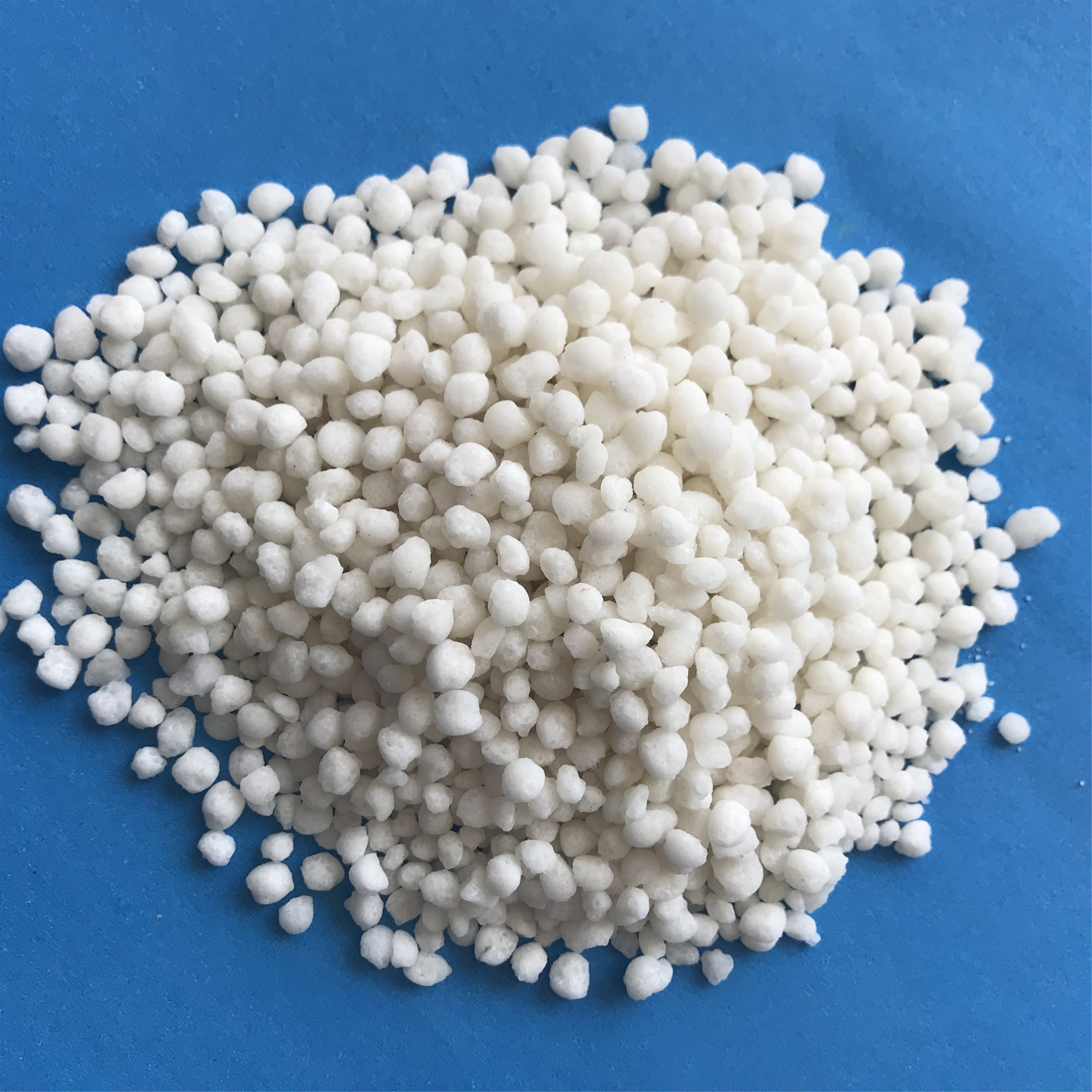



Effective Pool Water Treatment Techniques for Crystal Clear Swimming Experience
Pool Water Treatment Ensuring Clean and Safe Swimming Environments
Maintaining a swimming pool is a task that extends beyond mere aesthetics; it involves ensuring the health and safety of all who use it. Pool water treatment is essential for keeping the water clean, clear, and safe for swimmers. Proper treatment not only enhances the swimming experience but also prolongs the life of the pool's infrastructure. This article will explore the fundamental aspects of pool water treatment, including the importance of chemical balance, filtration, sanitation, and regular maintenance.
The Importance of Chemical Balance
The chemistry of pool water is a fundamental aspect that cannot be overlooked. Factors such as pH levels, alkalinity, and chlorine content must be carefully monitored and maintained.
1. pH Levels Ideally, the pH level of pool water should be between 7.2 and 7.8. If the pH is too low, it can cause skin and eye irritation, as well as corrosion of pool equipment. Conversely, a high pH can lead to reduced chlorine effectiveness and scaling on the pool surface. Regular testing using test strips or a digital pH meter is necessary to ensure the water remains within the ideal range.
2. Alkalinity Total alkalinity acts as a buffer for pH levels. It prevents drastic fluctuations that can lead to unstable water conditions. Ideal alkalinity levels typically range between 80 to 120 parts per million (ppm). Maintaining proper alkalinity is essential to support pH balance and overall water quality.
3. Chlorine Levels Chlorine is the most common sanitizer used in pools, and maintaining its levels between 1 to 3 ppm is crucial for effective disinfection. Chlorine not only kills harmful bacteria and viruses but also helps in controlling algae growth.
Filtration System The Heart of Pool Maintenance
A well-functioning filtration system is the backbone of any pool water treatment regimen. The primary role of the filter is to remove debris and particulates from the water, ensuring that it remains clear and inviting.
There are several types of filters, including sand, cartridge, and diatomaceous earth (DE) filters. Each has its own advantages and requirements for maintenance. Regularly cleaning or replacing the filter media, as well as monitoring the pressure gauge, is essential to its optimal performance. A good rule of thumb is to run the filtration system for at least 8 to 12 hours a day, depending on the pool size and use.
Sanitation Methods Beyond Chlorine
pool water treatment

While chlorine is a widely used sanitizer, alternative sanitation methods are gaining popularity due to their efficiency and reduced chemical dependency.
1. Saltwater Systems Saltwater pools utilize a salt chlorine generator, which converts salt into chlorine. This method offers a gentler swimming experience and lowers the chlorine level in the water, making it less irritating for skin and eyes.
2. UV Systems Ultraviolet (UV) sanitation systems work by exposing pool water to UV light, effectively neutralizing bacteria, viruses, and algae. These systems provide additional disinfection without adding chemicals to the water.
3. Ozone Generators Ozone is a powerful oxidizer that can eliminate contaminants in pool water. Ozone generators can significantly reduce the need for chlorine, though they are typically used in conjunction with traditional sanitation methods.
Regular Maintenance The Key to Longevity
In addition to chemical balancing, filtration, and sanitation, regular maintenance activities are crucial for sustaining pool water quality. This includes
- Skimming and Vacuuming Regular skimming of the surface for floating debris and vacuuming the pool floor will help keep the water clean. This not only improves aesthetics but also enhances water circulation.
- Brushing Walls and Tiles Algae and dirt can accumulate on walls and tiles. Brushing these areas weekly helps to prevent buildup and keeps the pool looking pristine.
- Regular Testing Maintaining a routine testing schedule for pH, alkalinity, and chlorine levels ensures that any imbalances are caught early, preventing larger issues.
Conclusion
Pool water treatment is an ongoing process that requires consistent effort and attention. By understanding the importance of chemical balance, utilizing an effective filtration system, exploring alternative sanitation methods, and performing regular maintenance, pool owners can enjoy a safe and pleasant swimming environment. Investing time in proper water treatment not only enhances the experience for swimmers but also protects the investment made in the pool itself. As with any aspect of home maintenance, knowledge and vigilance are the keys to success in pool water treatment.
-
Why Sodium Persulfate Is Everywhere NowNewsJul.07,2025
-
Why Polyacrylamide Is in High DemandNewsJul.07,2025
-
Understanding Paint Chemicals and Their ApplicationsNewsJul.07,2025
-
Smart Use Of Mining ChemicalsNewsJul.07,2025
-
Practical Uses of Potassium MonopersulfateNewsJul.07,2025
-
Agrochemicals In Real FarmingNewsJul.07,2025
-
Sodium Chlorite Hot UsesNewsJul.01,2025










